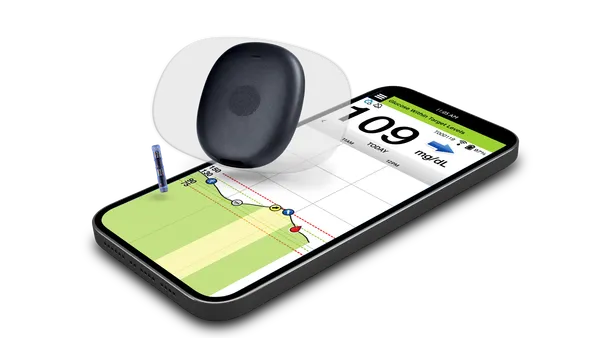Dive Brief:
- Physicians and consumers expect digital technologies will reshape healthcare in the future, but a gap exists between future intent and current adoption, preliminary results from a new EY global survey show.
- The professional services firm surveyed 6,000 consumers and 500 physicians in Australia, England and the Netherlands to gauge their support for and use of digital health tools. Highly valued are technologies that improve outcomes and enhance communications between doctors and their patients.
- For example, 55% of doctors report using clinical decision support software, 49% use secure messaging and 39% use patient portals. Yet while 62% see value in virtual technologies to facilitate communications with patients, few plan to adopt video consultations or remote monitoring anytime soon.
Dive Insight:
In fact, roughly two-thirds of doctors surveyed report no plans to use either virtual visits (64%) or home monitoring (65%). That's despite consumer willingness to share biometric (75%) and patient-generated (70%) data. More than seven in 10 doctors also have no plans for powered digital assistants, according to the survey.
The findings echo other surveys showing enthusiasm for, but slow uptake of, digital technologies. In a recent Reaction Data survey, nearly a quarter of providers reported not using speech recognition technology. The reasons they cited included budgetary constraints and accuracy concerns.
The findings come as providers are looking to improve the patient experience and get patients to take more responsibility for their own health. Digital technologies can help them do that — reducing administrative burdens so doctors have more face time with their patients, facilitating scheduling and personalizing treatments.
According to a new Rock Health report, consumer health information was the top-funded digital health value propositions in the third quarter of 2018, garnering $900 million across 34 deals.
The idea of technologies like artificial intelligence that can streamline care delivery, case management and care delivery pathways are popular with both physicians and consumers. Nearly two-thirds of doctors and 53% of consumers believe digital technologies will allow care teams to help patients manage chronic conditions in their homes. Other technologies will reshape healthcare via AI-assisted diagnostics, imaging analysis, medication management and precision medicine.
Doctors and consumers also see new and nontraditional players in healthcare's future, but, again, virtual care is not among them. Just 38% of doctors and 36% of consumers see virtual presence technologies replacing in-person visits in the near future. Even fewer doctors (25%) and 36% of consumers see virtual hospitals on the horizon, the survey show.
Full results of the survey will be available later this year.











